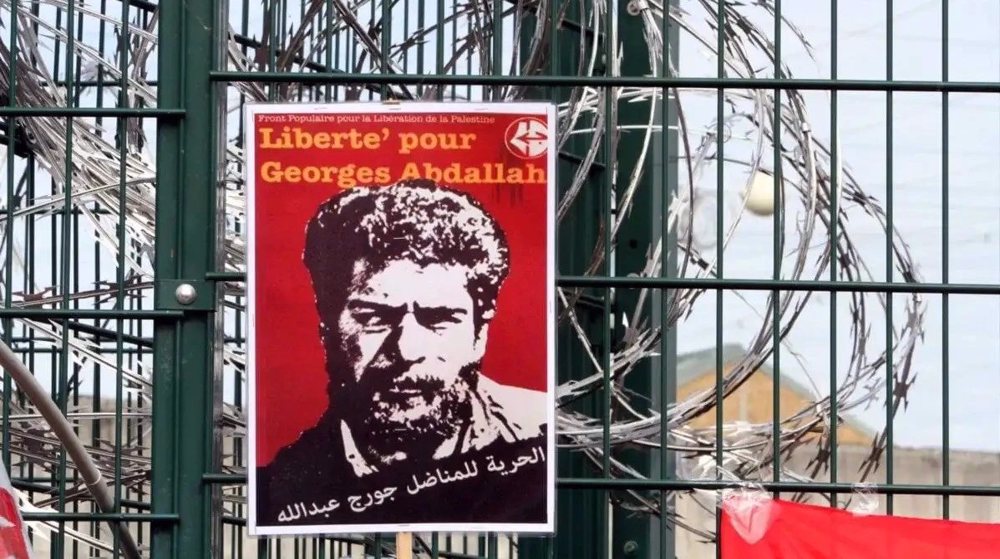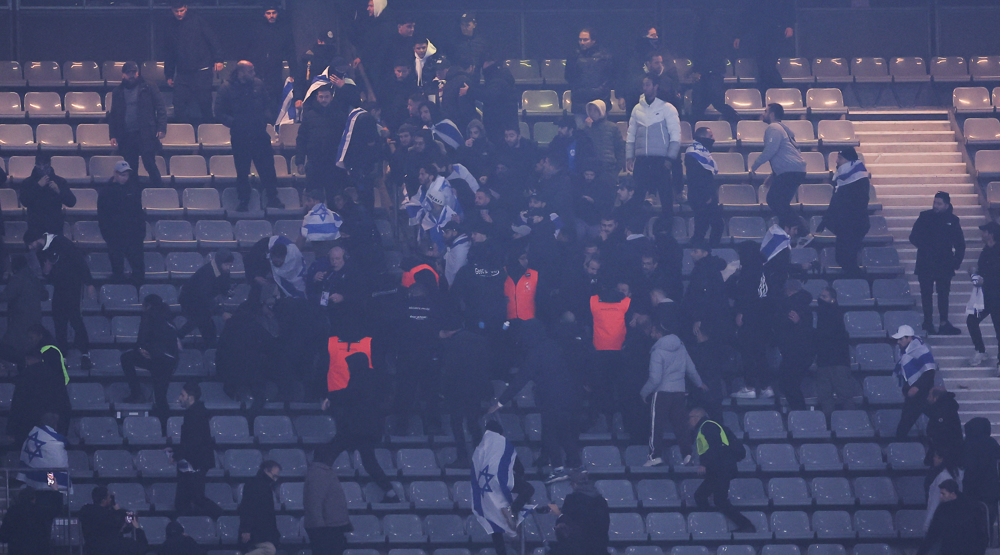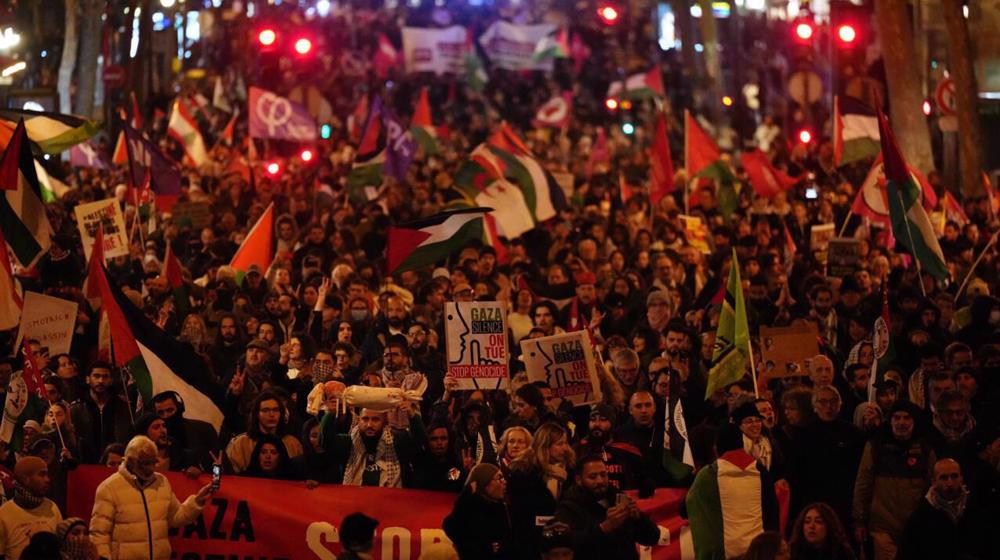France PM to present new plans to crack down on ‘rioters’
The French prime minister’s office says it will present plans to further crack down on “rioters”, after a new flare-up of violence the government says is linked to the so-called Yellow Vest protest movement.
The decision was made after a crisis meeting of the cabinet ministers and President Emmanuel Macron on Saturday.
PM Edouard Philippe's office said the latest violence showed current security arrangements were insufficient. The office added that security forces should prepare for firmer measures to stop the violence.
"Drawing conclusions from these shortcomings, the prime minister will present the president tomorrow with measures necessary to adapt the security forces stance so they can act with firmness at any time," it said in a statement.
Cutting short a weekend ski trip, President Emmanuel Macron returned to Paris late on Saturday for a crisis meeting with ministers at which he ordered decisions to be taken rapidly "so this doesn't happen again.”
Vandals left hardly a storefront or cafe unscathed on Saturday, breaking windows and looting luxury stores while lighting fires along Paris' Champs Elysees Avenue as they clashed with riot police in Paris.
"I'm not a tourist but if I were, I would be quite surprised if I arrived in Paris to find the Champs Elysees in such condition," a pensioner who only gave his name as Serge told Reuters TV.
"People often talk about the 'City of Lights', the 'Fashion Capital' and all that, but all you can see is destruction, rubbish, protests, burnt kiosks," he added.
Police estimated that 10,000 people joined the latest yellow vest protest in Paris and Interior Minister Christophe Castaner said a hard-core of about 1,500 was intent on causing trouble.
The yellow vest movement emerged in November originally to oppose now abandoned fuel tax hikes and the high cost of living.
The protests quickly spiraled into a broader movement against Macron, his pro-business reforms and elitism in general.
After the spike in violence, Macron offered a package of concessions worth more than 10 billion euros ($11 billion) aimed at boosting the incomes of the poorest workers and pensioners.
US vetoing of Gaza ceasefire resolution ‘disgraceful’: Iran’s UN envoy
VIDEO | IAEA adopts anti-Iran resolution tabled by E3
VIDEO | Iran's president urges Pope to help end Israel's onslaught in Gaza
Iran's senior legal official: ICC arrest warrant for Netanyahu ‘great victory'
Nov. 21: ‘Axis of Resistance’ operations against Israeli occupation
VIDEO | Israeli forces storm West Bank’s Jenin again, target civilians
Iran activates advanced centrifuges after IAEA's 'unjust' resolution
VIDEO | Press TV's news headlines











 This makes it easy to access the Press TV website
This makes it easy to access the Press TV website